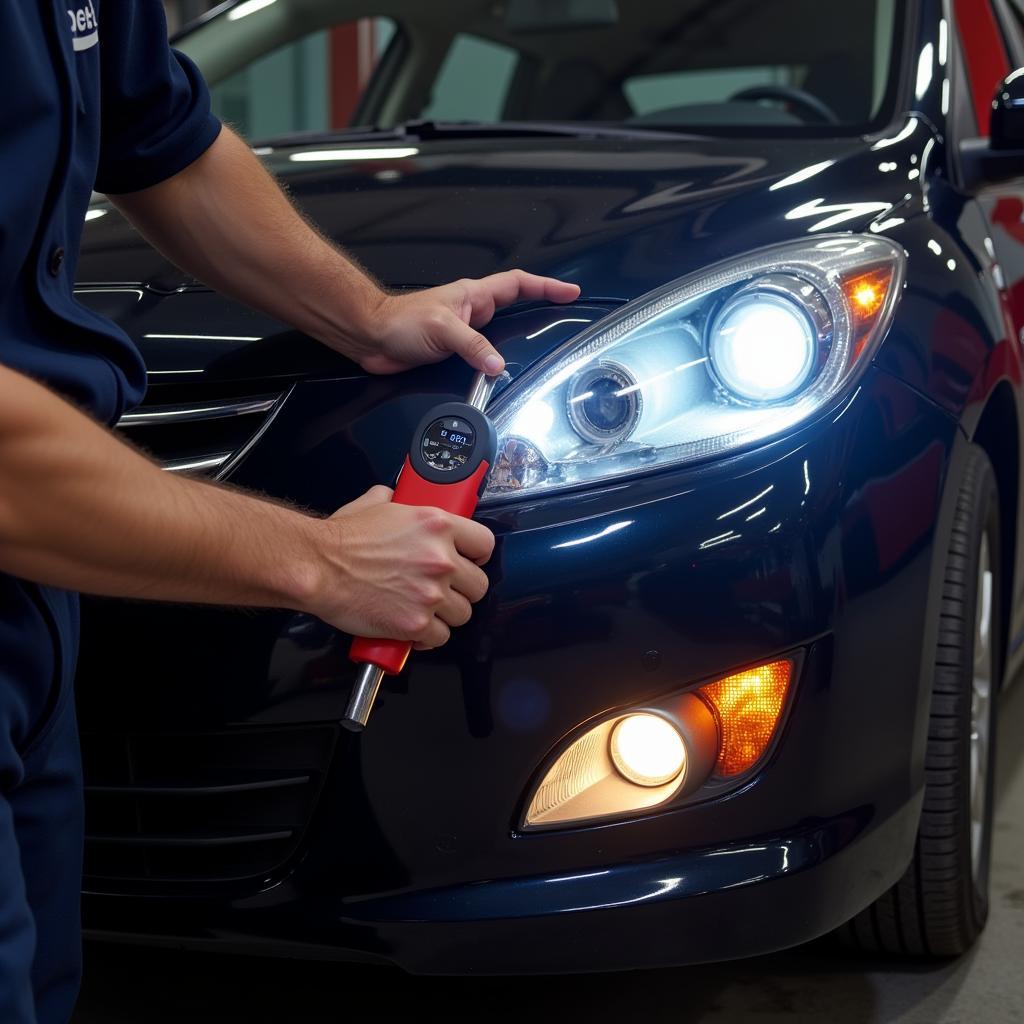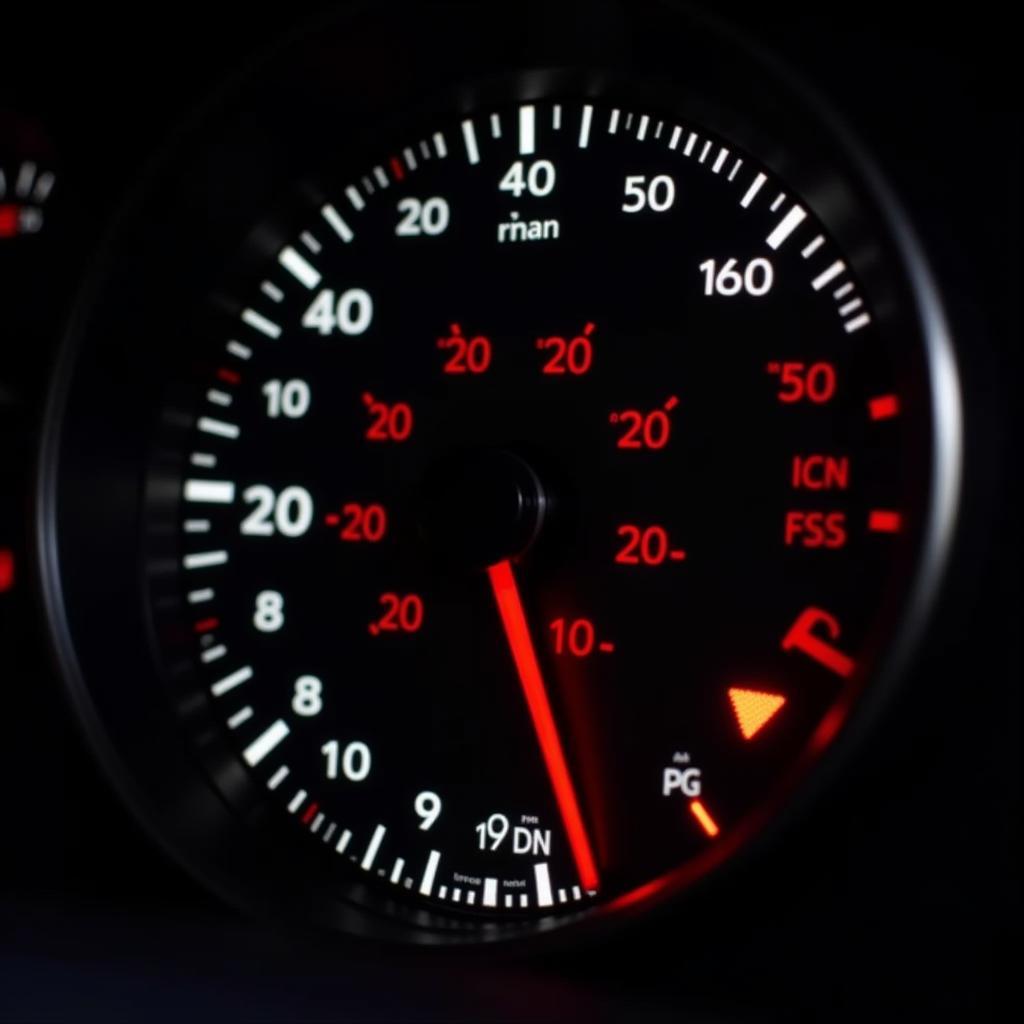What is Done When Your Car is Serviced?
Getting your car serviced regularly is crucial to its performance, longevity, and your safety on the road. But what exactly happens during a car service? This comprehensive guide will walk you through the essential checks and procedures performed during a typical car service.
Understanding Car Servicing
Car servicing involves a series of inspections, adjustments, and replacements that aim to keep your vehicle in top condition. Unlike repairs that address specific problems, servicing is preventative maintenance. The extent of the service depends on the make and model of your car, its age, mileage, and the specific service schedule recommended by the manufacturer.
What Happens During a Car Service?
While the specifics might vary, here are the key areas covered in most car services:
1. Engine Oil and Filter Change
This is perhaps the most recognizable aspect of a car service. Engine oil lubricates moving parts, reduces friction, and helps cool the engine. Over time, the oil degrades and loses its effectiveness.
What’s done: The mechanic drains the old oil and replaces it with fresh oil that meets your car’s specifications. The oil filter, responsible for removing contaminants from the oil, is also replaced.
2. Fluid Level Checks and Top-ups
Your car relies on various fluids for different functions. These include coolant, brake fluid, power steering fluid, transmission fluid, and windshield washer fluid.
What’s done: The mechanic inspects the levels of all these fluids and tops them up as necessary. Low fluid levels can indicate leaks or other problems that need further investigation.
3. Brake Inspection
Your brakes are critical for safe driving. A brake inspection is a vital part of any car service.
What’s done: The mechanic checks the thickness of your brake pads and discs (or drums) for wear and tear. They also inspect the brake lines and calipers for any leaks or damage.
4. Tire Condition and Pressure
Worn-out tires can be dangerous, while improper tire pressure affects fuel efficiency and handling.
What’s done: The mechanic examines your tires for tread depth, wear patterns, cuts, or bulges. They also check the tire pressure and inflate or deflate them to the recommended levels.
5. Battery Test
Your car battery provides the electrical power to start the engine and run various electrical components.
What’s done: The mechanic tests the battery’s voltage and charging capacity to ensure it’s in good working order. They’ll also clean any corrosion on the battery terminals.
6. Air Filter Replacement
The air filter prevents dust, dirt, and debris from entering the engine. A clogged air filter can restrict airflow and reduce engine performance.
What’s done: The mechanic inspects the air filter and replaces it if it’s dirty or damaged.
7. Lights Check
Malfunctioning lights can be a safety hazard and may result in traffic violations.
What’s done: The mechanic checks all exterior lights, including headlights, taillights, brake lights, turn signals, and hazard lights, to ensure they are working correctly.
 Car Lights Check During Service
Car Lights Check During Service
8. Visual Inspection
Beyond these specific checks, the mechanic also conducts a thorough visual inspection of the entire vehicle.
What’s done: This includes looking for any signs of damage, leaks, rust, or other potential issues with the bodywork, suspension, exhaust system, and undercarriage.
Types of Car Services
Car services are typically categorized as minor or major, depending on the extent of the checks and procedures performed.
- Minor Service: This is a more basic service that includes an oil and filter change, fluid top-ups, and a visual inspection.
- Major Service: This is a more comprehensive service that includes everything in a minor service, plus additional checks like spark plug replacement, fuel filter replacement, and a more thorough inspection of all major components.
You can find more information on specific car service costs and procedures in different regions:
- Learn more about how much is car service uk.
- Explore the details of how much for car service nz.
Why Car Servicing is Essential
Regular car servicing offers numerous benefits:
- Safety: Ensures your vehicle is safe to drive by addressing potential issues before they become major problems.
- Reliability: Reduces the likelihood of breakdowns and unexpected repairs.
- Performance: Helps maintain optimal engine performance, fuel efficiency, and handling.
- Resale Value: A well-maintained car with a full service history commands a higher resale value.
“Regular car servicing is not just an expense; it’s an investment in your safety, convenience, and the longevity of your vehicle,” says John Smith, a seasoned automotive engineer with over 20 years of experience.
FAQs
1. How often should I service my car?
Most manufacturers recommend servicing your car every 6 months or 10,000 kilometers, whichever comes first. However, it’s best to consult your car’s owner’s manual for specific recommendations.
2. Can I service my car myself?
While some routine maintenance tasks can be done at home, car servicing often requires specialized tools and knowledge. It’s generally recommended to have your car serviced by a qualified mechanic.
3. What is the difference between a car service and an MOT test?
A car service is preventative maintenance, while an MOT test is a legal requirement in some countries to ensure a vehicle meets minimum safety and environmental standards.
4. What should I look for in a car service center?
Choose a reputable service center with qualified mechanics, transparent pricing, and good customer reviews.
5. How much does a car service cost?
The cost of a car service varies depending on the type of service, your car’s make and model, and the service center’s rates.
For information on maintaining your car’s air conditioning system, check out how to service ac in car.
If you’re considering a major service, you might find this article helpful: are car major services worth the money.
For those with electric vehicles, we have a dedicated guide on how often do you need to service an electric car.
Conclusion
Understanding “What Is Done When Your Car Is Serviced” empowers you to make informed decisions about your vehicle’s maintenance. Remember, regular servicing is crucial for ensuring its longevity, performance, and your safety on the road. Schedule a service appointment today and keep your car running smoothly for years to come.
Need help or have questions about car diagnostics? Feel free to reach out to us. You can contact our 24/7 customer support team via WhatsApp: +1(641)206-8880 or Email: [email protected].

